International trade is a cornerstone of the global economy, enabling businesses to expand their reach, access new markets, and drive economic growth. However, the complexities of trade regulations can pose significant challenges for importers and exporters. Compliance with these regulations is not just a legal requirement but a strategic necessity to avoid penalties, delays, and reputational damage.
In this in-depth guide, we’ll explore the intricacies of trade regulations, the challenges businesses face, and how the Ambani Group leverages its expertise to provide seamless import and export solutions. Whether you’re a seasoned trader or new to the field, this article will equip you with the knowledge to navigate the ever-evolving landscape of international trade.
The Importance of Trade Regulations in Global Commerce
Trade regulations are a set of rules and standards established by governments and international organizations to govern the movement of goods across borders. These regulations serve several critical purposes:
- Ensuring Fair Trade: Regulations prevent unfair practices such as dumping and subsidies that distort market competition (WTO, 2023).
- Protecting Consumers: Standards and certifications ensure that imported goods meet safety, quality, and environmental requirements (Czinkota et al., 2021).
- Generating Revenue: Customs duties and tariffs are a significant source of income for governments (WTO, 2023).
- Promoting National Security: Restrictions on the export of sensitive technologies and dual-use goods help safeguard national interests (Czinkota et al., 2021).
Non-compliance with trade regulations can result in severe consequences, including financial penalties, shipment delays, and even the suspension of trading privileges. For businesses, understanding and adhering to these regulations is essential for maintaining smooth operations and building trust with global partners.
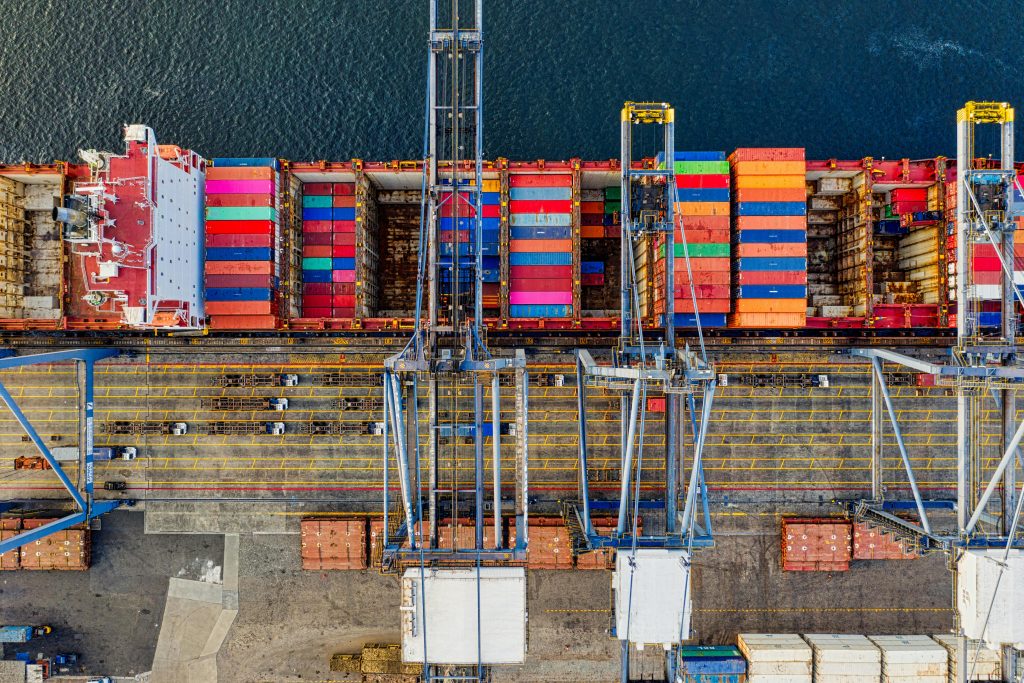
Key Components of Trade Regulations
- Customs Duties and Tariffs Customs duties are taxes levied on imported goods, while tariffs are specific rates applied to particular products. Proper classification of goods under the Harmonized System (HS) code is crucial for accurate tariff calculations. Misclassification can lead to overpaying or underpaying duties, both of which have financial and legal implications (WTO, 2023).
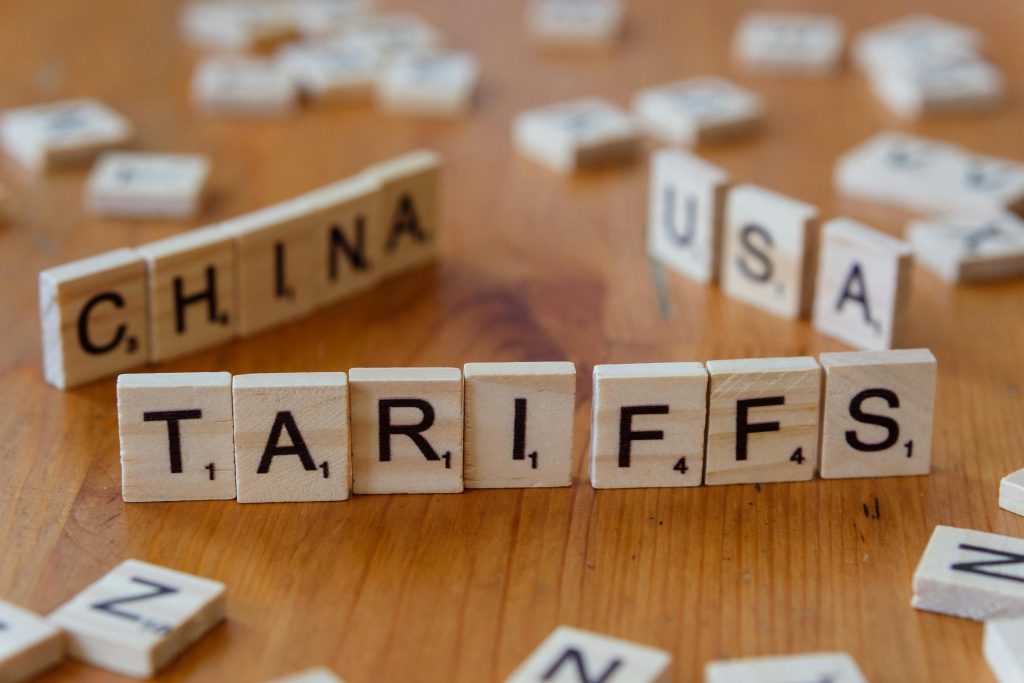
- Documentation Requirements Importers and exporters must prepare and submit a range of documents, including:
- Commercial Invoice: Details the transaction between the buyer and seller.
- Bill of Lading: Serves as a receipt and contract for the transportation of goods.
- Certificate of Origin: Verifies the country where the goods were produced.
- Packing List: Provides details about the contents of the shipment.
Incomplete or incorrect documentation is one of the leading causes of customs clearance delays (Czinkota et al., 2021).
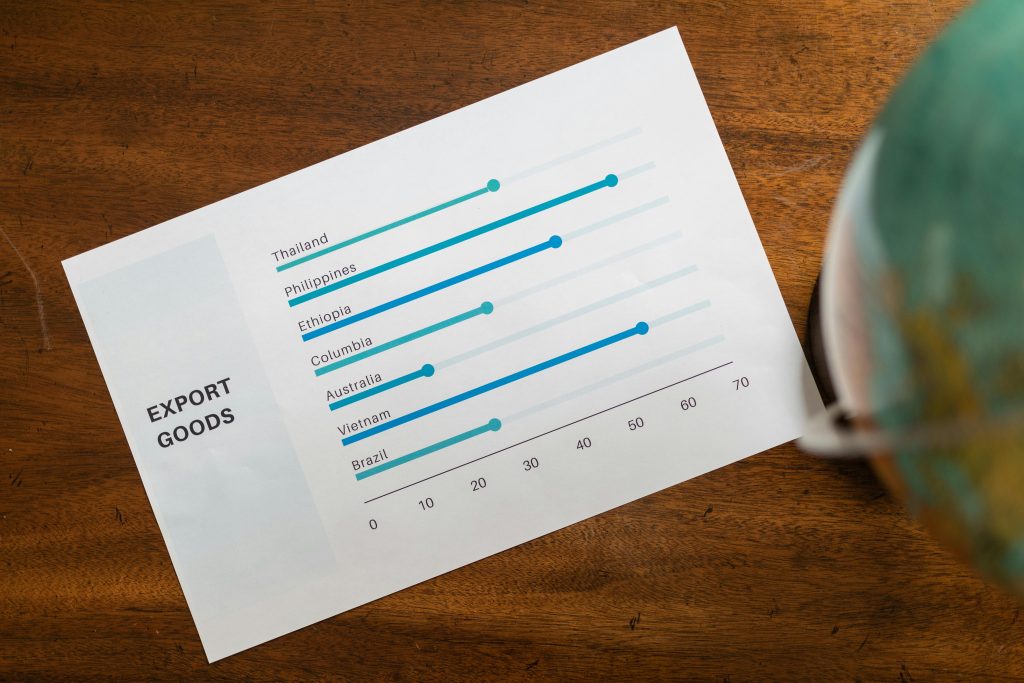
- Trade Restrictions and Embargoes Governments may impose restrictions or embargoes on certain goods for reasons such as national security, public health, or environmental protection. For example, the export of military equipment or the import of endangered species is heavily regulated (WTO, 2023).
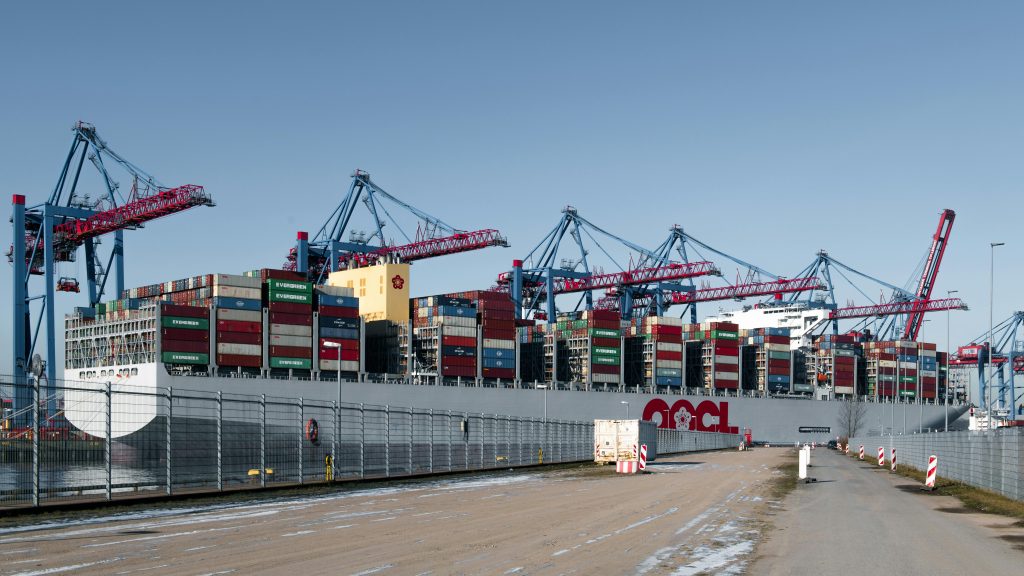
- Product Standards and Certifications Goods must comply with the technical standards and certifications of the destination country. For instance, electronics sold in the European Union must meet CE marking requirements, while food products imported into the United States must comply with FDA regulations (Czinkota et al., 2021).
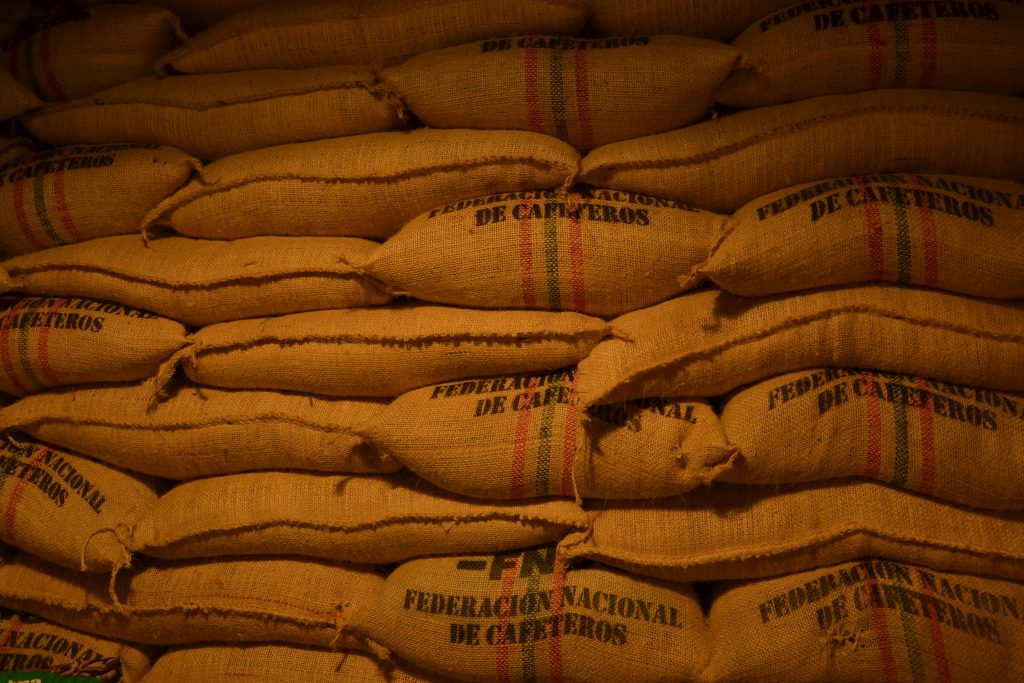
Challenges in Navigating Trade Regulations
Navigating trade regulations is fraught with challenges that can disrupt supply chains and increase operational costs. Here are some of the most significant challenges importers and exporters face:
- Complexity and Variability Trade regulations vary significantly from one country to another and are subject to frequent changes. For example, the United States-Mexico-Canada Agreement (USMCA) introduced new rules of origin requirements, while Brexit led to changes in trade regulations between the UK and the EU (WTO, 2023).
- Language Barriers Dealing with foreign governments and partners often involves navigating language differences. Miscommunication can lead to errors in documentation, misunderstandings about regulatory requirements, and delays in customs clearance (Czinkota et al., 2021).
- Cost of Compliance Ensuring compliance with trade regulations can be expensive, particularly for small and medium-sized enterprises (SMEs). Costs include hiring compliance experts, investing in technology, and paying for certifications and inspections (Czinkota et al., 2021).
- Risk of Non-Compliance Even minor errors in documentation or classification can result in significant penalties, shipment delays, and reputational damage. For example, misclassifying goods under the wrong HS code can lead to underpayment of duties, resulting in fines and audits (WTO, 2023).
- Customs Clearance Delays Incomplete or incorrect documentation is one of the leading causes of customs clearance delays. These delays can disrupt supply chains, increase storage costs, and lead to missed deadlines (Czinkota et al., 2021).
- Trade Sanctions and Embargoes Navigating trade sanctions and embargoes can be particularly challenging. For example, businesses trading with countries like Iran or North Korea must comply with strict sanctions imposed by the United States and other countries. Violating these sanctions can result in severe penalties (WTO, 2023).
- Cultural and Regulatory Differences Different countries have different cultural and regulatory environments. For example, some countries may have stricter environmental regulations, while others may have more lenient labor laws. Understanding these differences is crucial for successful international trade (Hofstede, 2010).
Practical Tips for Importers and Exporters
To overcome these challenges and ensure compliance with trade regulations, importers and exporters can adopt the following strategies:
- Stay Informed Regularly monitor updates to trade regulations through official sources such as the World Trade Organization (WTO), local customs authorities, and industry associations (WTO, 2023).
- Invest in Training Educate your team on the latest trade laws and documentation requirements. Training programs can help employees understand the intricacies of trade regulations and reduce the risk of errors (Czinkota et al., 2021).
- Partner with Experts Collaborate with experienced trade consultants like the Ambani Group to ensure compliance and streamline operations. Experts can provide tailored advice, help with documentation, and navigate complex regulatory environments (Porter, 1985).
- Leverage Technology Use digital tools to automate processes such as tariff calculations, document preparation, and shipment tracking. Software solutions can help businesses manage compliance more efficiently and reduce the risk of errors (Brynjolfsson & McAfee, 2014).
- Conduct Risk Assessments Identify potential compliance risks and develop strategies to mitigate them. For example, businesses can conduct regular audits of their trade processes to ensure compliance with regulations (Czinkota et al., 2021).
- Build Strong Relationships with Customs Authorities Establishing good relationships with customs authorities can help businesses resolve issues more quickly and reduce the risk of delays. Regular communication with customs officials can also provide valuable insights into regulatory changes (Czinkota et al., 2021).
- Use Free Trade Agreements (FTAs) Take advantage of FTAs to reduce tariffs and gain a competitive advantage. For example, the ASEAN Free Trade Area (AFTA) offers preferential tariffs for goods traded between member countries (WTO, 2023).
- Maintain Accurate Records Keep detailed records of all trade transactions, including invoices, bills of lading, and certificates of origin. Accurate record-keeping can help businesses resolve disputes and demonstrate compliance during audits (Czinkota et al., 2021).
- Plan for Contingencies Develop contingency plans to address potential disruptions, such as customs delays or changes in trade regulations. Having a backup plan can help businesses minimize the impact of unforeseen events (Czinkota et al., 2021).
- Engage Legal Counsel In complex cases, such as navigating trade sanctions or resolving disputes, engaging legal counsel can provide valuable guidance and ensure compliance with regulations (Czinkota et al., 2021).
How the Ambani Group Ensures Trade Compliance
The Ambani Group is a global leader in providing end-to-end trade solutions, helping businesses navigate the complexities of import and export regulations. Here’s how they ensure compliance and deliver seamless trade operations:
- Comprehensive Trade Regulation Guide The Ambani Group offers a detailed, up-to-date guide to help businesses understand and comply with international trade laws.
- Seamless Trade Solutions From documentation to customs clearance, the Ambani Group provides streamlined processes to minimize delays and errors.
- Expert Consultation With decades of experience in international trade, the Ambani Group’s consultants offer tailored advice to meet the specific needs of each client.
- Technology-Driven Approach The Ambani Group leverages advanced software to automate and optimize trade processes.
- Global Network and Partnerships The Ambani Group’s extensive network of partners and affiliates ensures that clients receive the best possible support, no matter where they operate.
Conclusion
Navigating the complexities of trade regulations is a critical aspect of successful import and export operations. By understanding the key components of trade regulations and partnering with experts like the Ambani Group, businesses can achieve compliance, minimize risks, and unlock new opportunities in the global market.
The Ambani Group’s trade compliance expertise, combined with its seamless trade solutions, makes it a trusted partner for businesses looking to thrive in the competitive world of international trade.
References
- World Trade Organization (WTO): www.wto.org
- International Chamber of Commerce (ICC): www.iccwbo.org
- U.S. Customs and Border Protection (CBP): www.cbp.gov
- European Commission Trade: ec.europa.eu/trade
- United Nations Conference on Trade and Development (UNCTAD): unctad.org
- International Trade Administration (ITA): www.trade.gov
- World Customs Organization (WCO): www.wcoomd.org